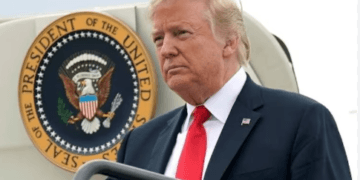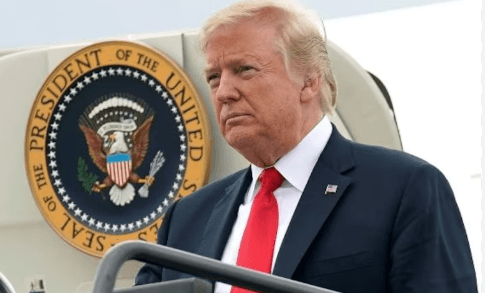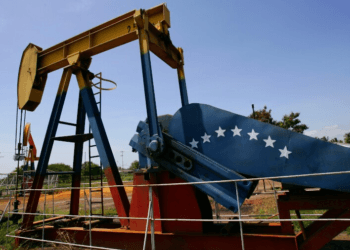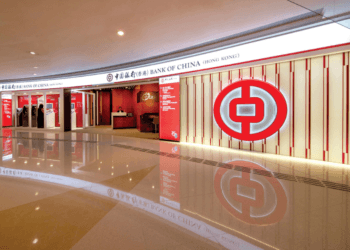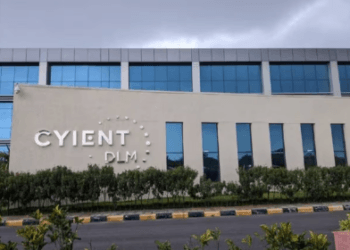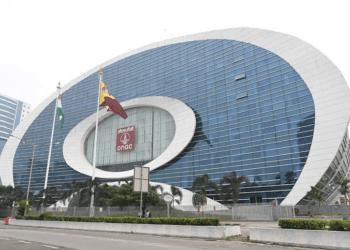Athira Sethu
Kochi, 11 October 2025
US President Donald Trump has announced tough new trade penalties against China. Starting November 1, 2025, or even earlier if needed, the United States will place a 100% tariff on all goods imported from China. This will be added on top of the taxes that already exist. Trump also said the US will apply export controls on all critical software from the same date.
The announcement came on Trump’s social media platform, Truth Social. He accused China of taking an “extremely aggressive” approach in global trade. According to him, China recently sent a “hostile” letter to other countries, saying it would start major export restrictions on almost every product it makes — and even on some that are not made in China.
Trump said this decision would affect every country in the world and called it a “moral disgrace.” He added that the US would now act independently to protect its own interests. “From November 1, 2025, the US will add a 100% tariff on China, on top of any tariff they already pay,” he said. He added that China’s move was “unheard of in international trade” and that the US must respond strongly.
This decision comes at a time when tensions between the US and China are growing, especially around technology and trade. Recently, China expanded its limits on rare earth minerals — elements important for making smartphones, electric cars, and military equipment. The country added five more elements to its restricted list, making 12 out of 17 rare earths now controlled by Beijing.
China also extended export rules to include production technologies and overseas uses, especially those related to semiconductors and defense. The Chinese government said these steps are to protect national security and prevent materials from being used in sensitive military fields.
In addition, China has placed new restrictions on lithium batteries and graphite materials, which are essential for electric vehicles. These will take effect later this year.
Trump told reporters there was “no reason to meet” with Chinese President Xi Jinping after these moves, though the meeting has not been canceled yet. Both leaders are expected to attend the APEC Summit in South Korea this month.
Experts warn that these escalating actions could further disrupt global trade and supply chains, especially in industries that depend on high-tech materials.
